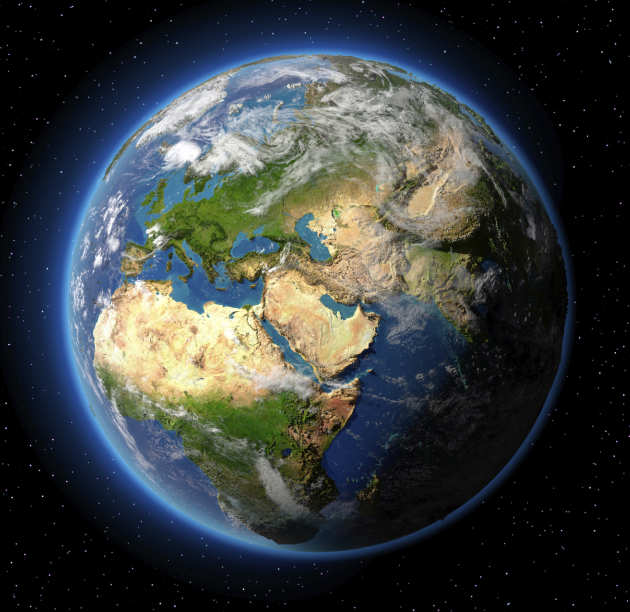Topics: Earth systems science
Type: Grantham notes
Publication date: September 2013
Download
Summary
 Authors: Dr Simon Buckle and Dr Flora Whitmarsh
Authors: Dr Simon Buckle and Dr Flora Whitmarsh
Overview
- The global energy budget is fundamental to the climate system. It is affected by external changes (solar radiation, volcanoes) and internal climate variability as well as atmospheric composition, which itself can vary both due to long-term variability of the climate and human activity, notably greenhouse gas emissions.
- More energy from the Sun has entered the top of the atmosphere than has left it in the form of infrared radiation since at least around 1970. The energy imbalance increased over 1993-2010 compared to the period 1971-2010.
- For a given energy imbalance, the oceans determine the climate response due to their relatively huge heat capacity. Ocean warming accounts for about 93 per cent of the total excess energy, with the upper 700 metres accounting for most (64 per cent) of this. The associated thermal expansion of the ocean has contributed about 40 per cent of the observed sea level rise since 1970.
- Another effect of the energy imbalance is that total mass loss from glaciers has increased significantly between 1971 and 2009. The ice mass loss from the Greenland and Antarctic Ice Sheets has accelerated dramatically over the period 2002-2011 relative to 1992-2001.
- Stabilisation of the energy imbalance would not instantaneously lead to a stabilisation of the warming. In the deep ocean, full equilibrium would be reached only after hundreds to thousands of years. Global mean sea level would continue to rise for many centuries after atmospheric temperatures stabilised.
View publications by:
Topic
Climate Science
Earth and Life Sciences
Energy and Low-Carbon Futures
Resources and Pollution
Economics and Finance
Health
View all publications and browse by year
Publication type
Briefing papers and Briefing notes
Grantham Institute Outlooks
Evidence & submission papers
Infographics
Institute reports and analytics notes
Grantham notes
Collaborative publications
Discussion papers
Institute event overviews
Working papers